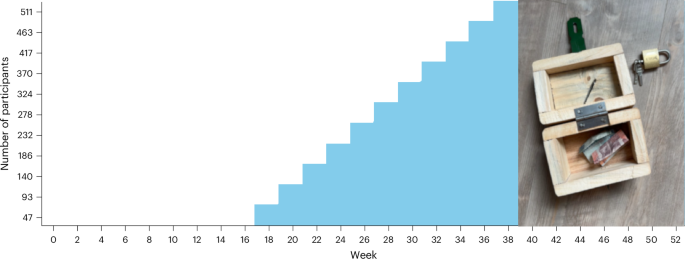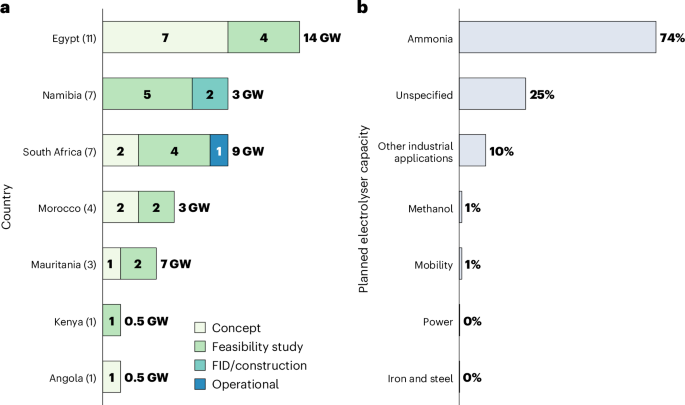Going Nuclear by Tim Gregory review – a boosterish case for atomic energy
Safety concerns demand more space and consideration in this otherwise excellent work of popular scienceThere is something biblical about the fraternal relationship between the atomic bomb and the nuclear reactor. Both involve bombarding uranium-235 atoms with neutrons to produce a chain reaction via nuclear fission. Both were made possible in the same instant, at 3.25pm on 2 December 1942, when the Manhattan Project’s Enrico Fermi orchestrated the first human-made chain reaction in the squash court of the University of Chicago. “The flame of nuclear fission brought us to the forked road of promise and peril,” writes Tim Gregory.The bomb came first, of course, but atomic dread coexisted with tremendous optimism about what President Eisenhower dubbed “atoms for peace”: the potential of controlled fission to generate limitless energy. As David Lilienthal of the US Atomic Energy Commission observed, atom-splitting thus inspired a pseudo-religious binary: “It would either destroy us all or it would bring about the millennium.” Continue reading...

Safety concerns demand more space and consideration in this otherwise excellent work of popular science
There is something biblical about the fraternal relationship between the atomic bomb and the nuclear reactor. Both involve bombarding uranium-235 atoms with neutrons to produce a chain reaction via nuclear fission. Both were made possible in the same instant, at 3.25pm on 2 December 1942, when the Manhattan Project’s Enrico Fermi orchestrated the first human-made chain reaction in the squash court of the University of Chicago. “The flame of nuclear fission brought us to the forked road of promise and peril,” writes Tim Gregory.
The bomb came first, of course, but atomic dread coexisted with tremendous optimism about what President Eisenhower dubbed “atoms for peace”: the potential of controlled fission to generate limitless energy. As David Lilienthal of the US Atomic Energy Commission observed, atom-splitting thus inspired a pseudo-religious binary: “It would either destroy us all or it would bring about the millennium.” Continue reading...






















































































![[Video] The Weekly Break Out Ep. 20: Pacific policy in Singapore and the UK’s new defense plan](https://breakingdefense.com/wp-content/uploads/sites/3/2025/06/Break-Out-ep-20-thumb-Play-Button.jpg?#)


























































